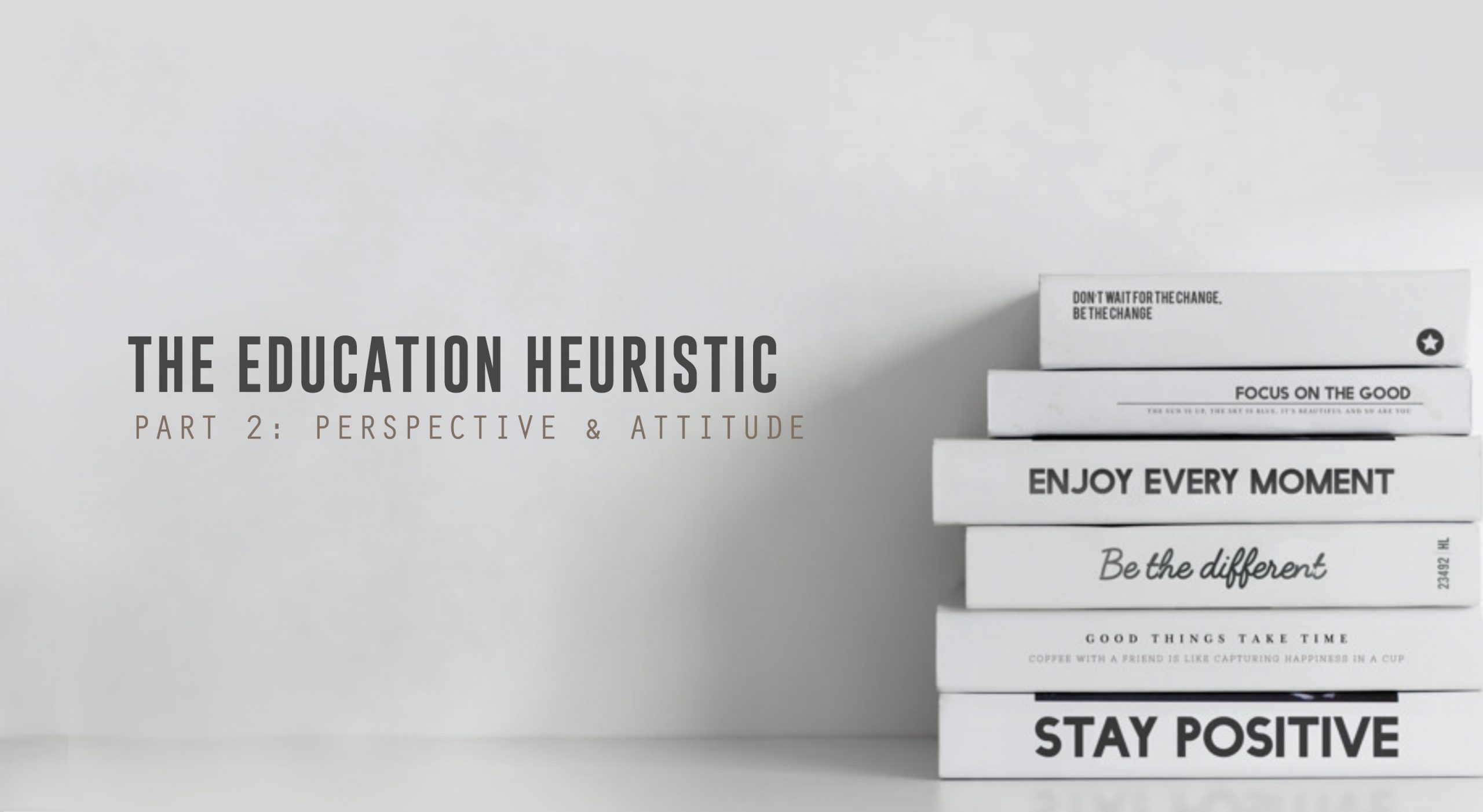
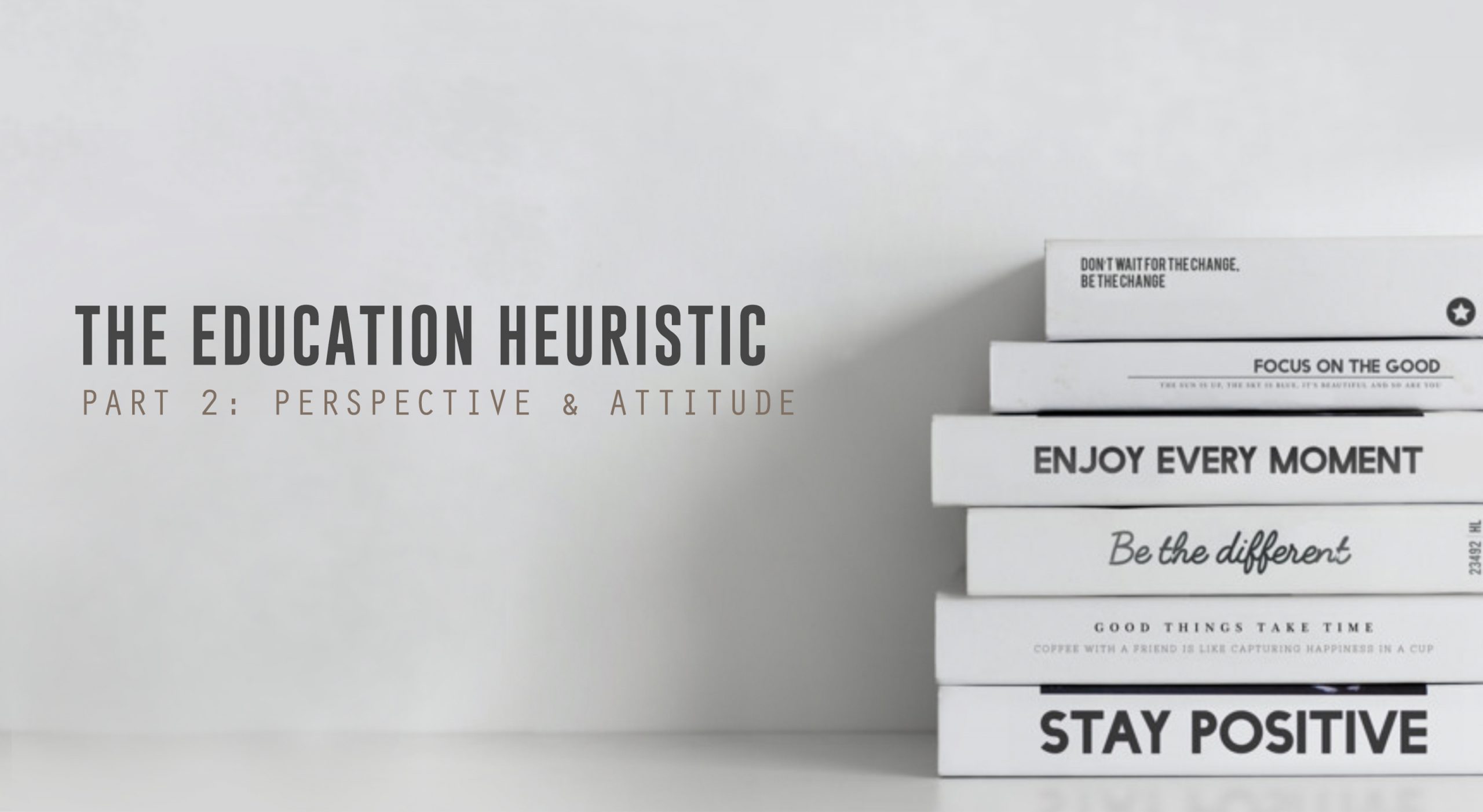
EDUCATION HEURISTIC is a methodology or approach that educators at Berleaf Education adopts to help students realise their potential and achieve academic excellence. The full methodology is set out in a five part series.
CHAPTERS
Part 1: Knowing Oneself
Part 2: Perspective & Attitude
Part 3: Learning vs Studying
Part 4: Going Beyond
Part 5: Start Teaching
Perspective is the way individuals see or think about the world. It has a huge bearing on one’s ability to boost his/her learning capability.
Perspective matters; it makes or breaks your game in learning. If you perceive learning as a laborious task, you would have lost the game even before it started. If you constantly tell yourself that math is difficult, it is more likely for you to feel discouraged and eventually, give up or do badly for the subject. In fact, this is an example of a self fulfilling prophecy that happens so frequently in school.


There is a message in the image above? Do you see it?
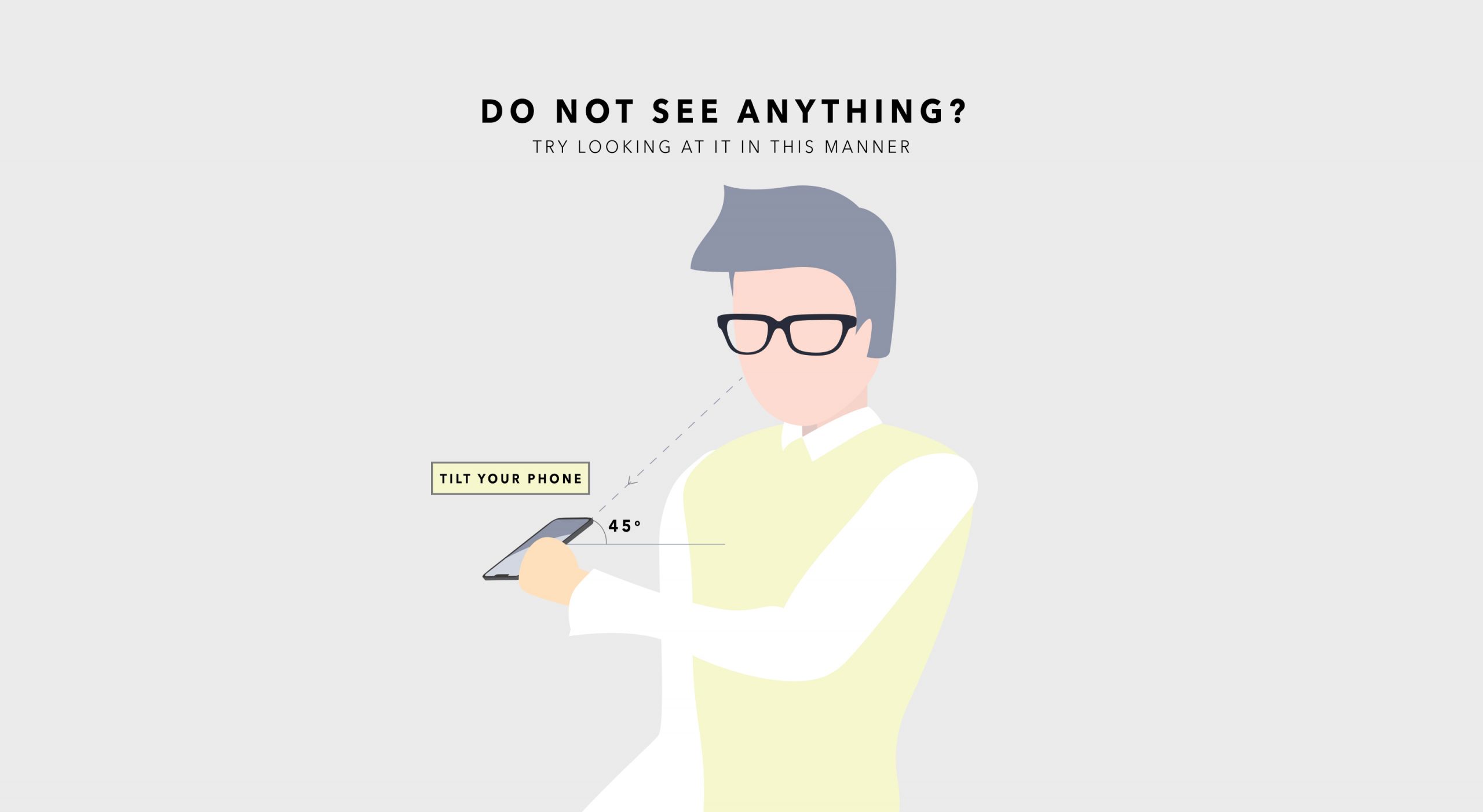
The way we see and think about things can have great impact to our life. The above image on the left contain a message, do you see it?
What Should We Do?
The perspective you adopt is a personal choice. While it is beneficial to adopt a positive perspective, many of us get enshrouded by negativity easily and this is exacerbated in this digital era. Various social media platforms make it convenient for one to feed on and grow negativity. For instance, you have studied hard for an exam but your results are not satisfactory to you and/or your parents. Just then, you happen to see some of your classmates who have done well sharing their successes on Facebook. In most cases, when placed in such a situation, most students tend to perceive things negatively; and think that he/she might be incapable or “bad” at this subject. When that happens, the journey down the rabbit hole begins…And that’s not beneficial!
This is not suggesting that you should shine away from useful social media platforms such as Facebook or Instagram. Rather, the key to succeeding in learning or boosting your learning capability is to stay positive! Yes, it is just like what any motivational speaker or personal help book author would suggest, be positive.
Here are some pointers to bring about positivity:
Knowing Yourself
It is important to understand yourself (Find out why in “Knowing One self”) as it will allow you to invest your time and effort in exploiting your strengths and make constructive choices in life. While that’s crucial, knowing your strength and what you are capable of also build your resilient against negativity.
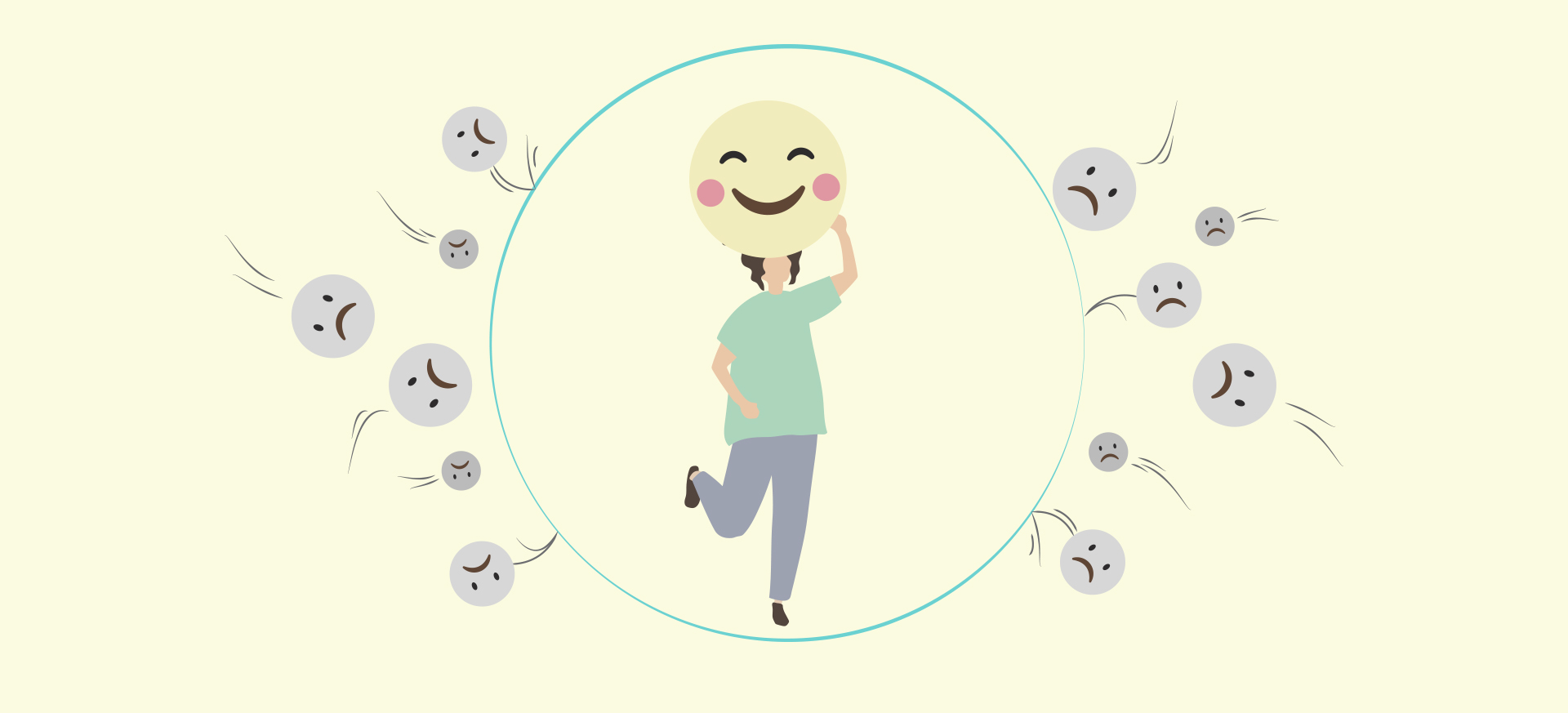
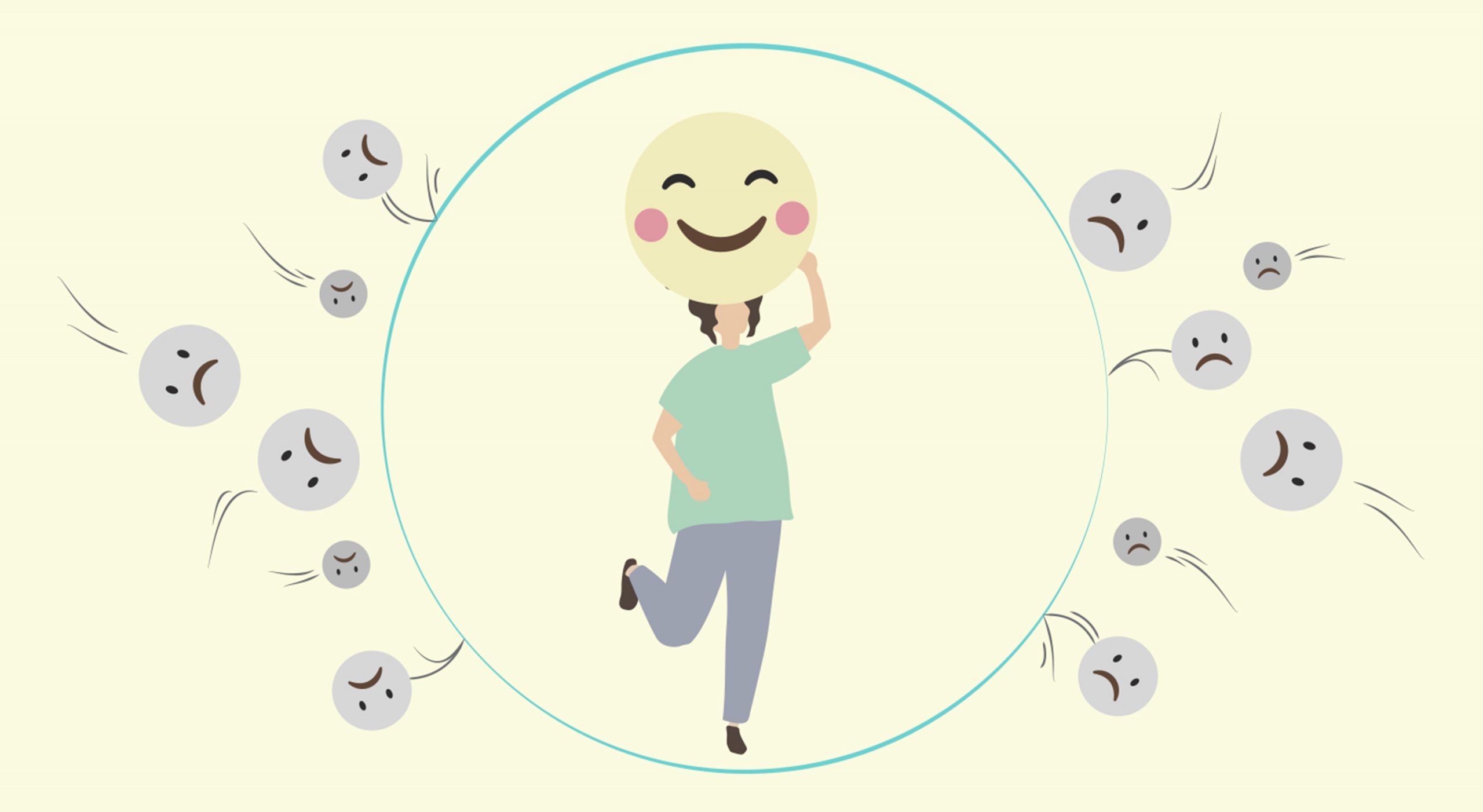
Build resilience; fend off negativity by knowing yourself!
Be Open to Criticism
Start learning to take criticism; when you receive one, stay calm, do not react immediately and do not preconceive any thoughts prior to verification (especially not trying to push the blame). Yes, it is going to be hard as emotions do get to you. When that happens, having a simple slogan as a cue to stay calm may be useful. For example, when given a criticism, try telling and/or repeating to yourself: “All is well!” and recall that you have to stay calm. Subsequently, assess the criticism and proceed to seek constructive feedback that can help you to brush up on your weaknesses.
At the start it may be hard, but do not let your efforts go down the drain even if it all ended sour or cold. Take your time and reflect on the criticisms made against you: “Is there actually any truth to what was said?”. This may turn out to be a life saver in your learning journey.
The above takes time and effort to master; be patient and keep to the practice and in time you will see a difference in the way you handle situations and also the positive benefits it has on your learning and relationship with others.
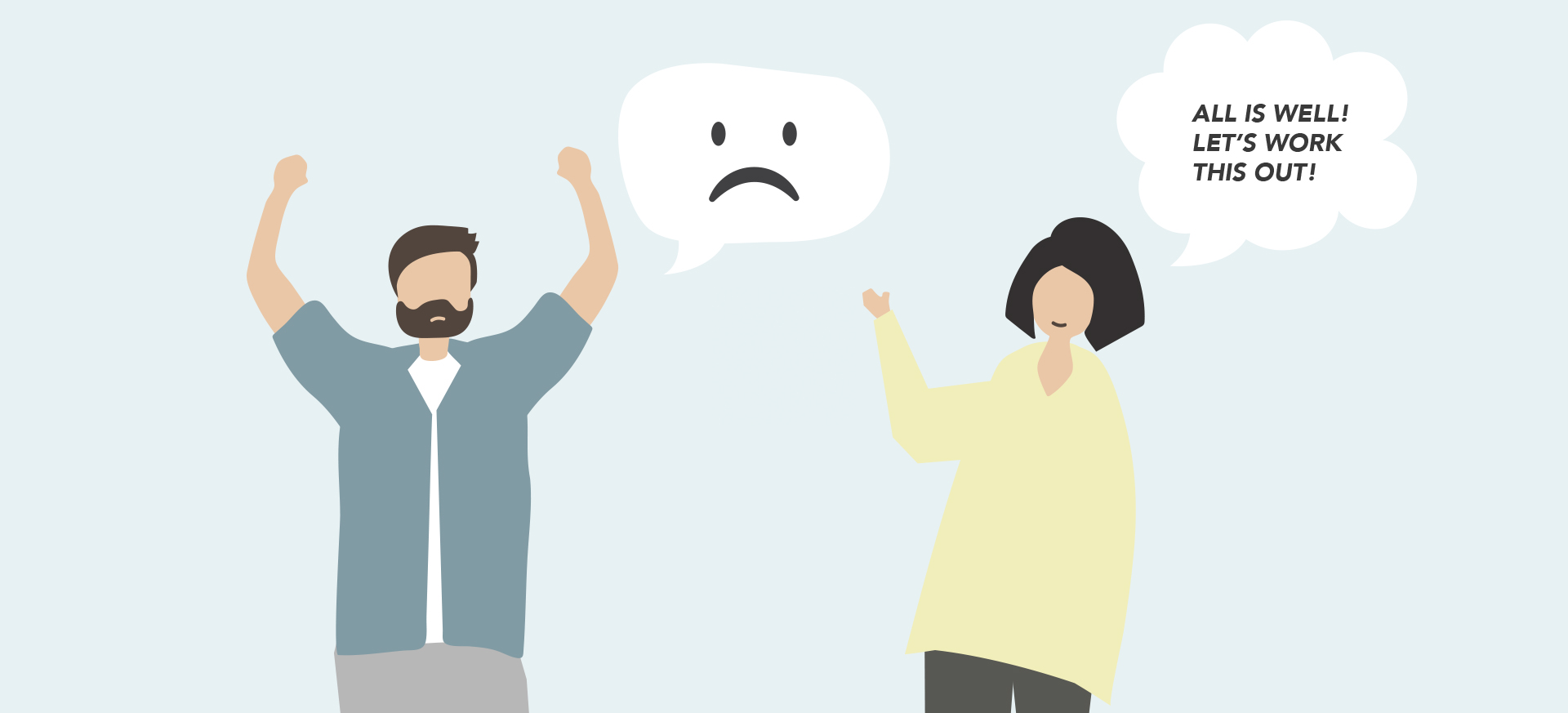
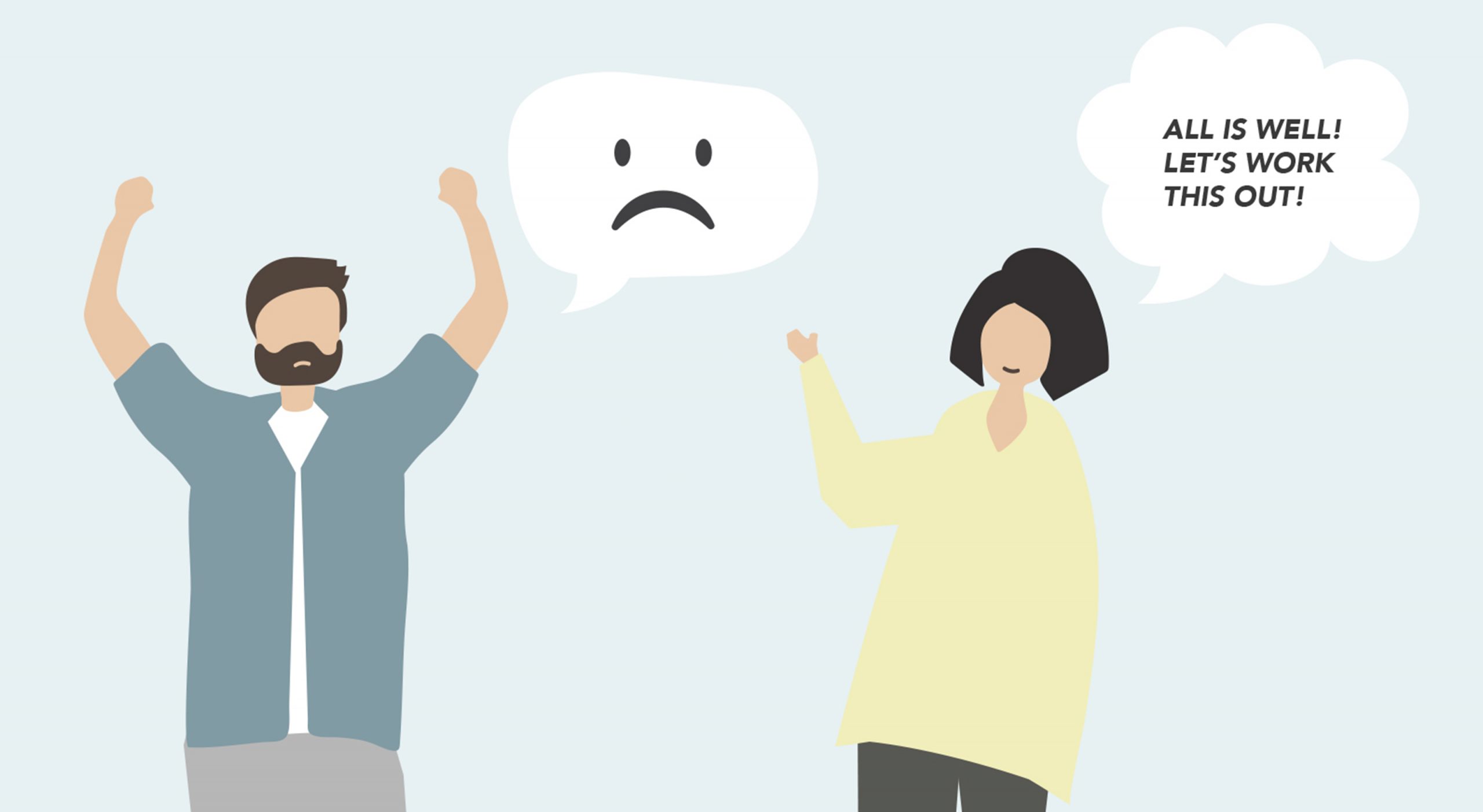
Prevent falling into a vicious cycle of negativity that can tremendously affect your learning and relationship with others. When receiving criticism, act on reasonings rather than feelings!
Be Open to Challenges, Take Them Up!
Undergoing hardship can be a very satisfying experience as you enjoy your fruits of labour. It is however important to see that this satisfaction is derived not only from the outcome but also from the grinding that you put yourself through to attain the outcome.
To better cope with and manage challenges, it is great to start by acknowledging the following:
- Challenges come in different forms and the degree of effort and perseverance required can vary greatly
- There is a need to take responsibility for your actions
- A 100% success rate is not definite
- Failures or bummers are just the beginning
- Success is not the end
Subsequently, here are some practical steps to take when attempting to overcome the challenge:
- Take strategic steps and/or make plans
- We are not robots, take a short break to recharge and get going again
- Be open to feedback; there might be a better way to do the same thing
Learning new or difficult subjects/topics can pose as a challenge. The amount of time and effort required to understand the theory, master the knowledge and score in examinations can vary greatly (dependent on one’s learning capability etc.). However, you are in control to absorb these knowledge and put them to good use. Putting in your effort might not guarantee positive results but one thing for sure is that for every try you take, it is the beginning of success.
Upon gaining success, do not be overly contented with it. The knowledge we have picked up today is the result of endless reiterations, re-imagination and immense effort put in by our predecessors. So, stay open minded and continue with the pursuit of new knowledge.


Don’t wait for the change, be the change!
Embrace Failures
Making mistakes and encountering failures is part and parcel of the learning process and is a crucial aspect that students should learn to perceive and approach it in a positive manner.
Do not give negative feedbacks upon seeing one’s mistake nor should one find fault in others. One should detect and analyze these failures (be it self experienced or through case study) to learn how to overcome and/or avoid making them again.
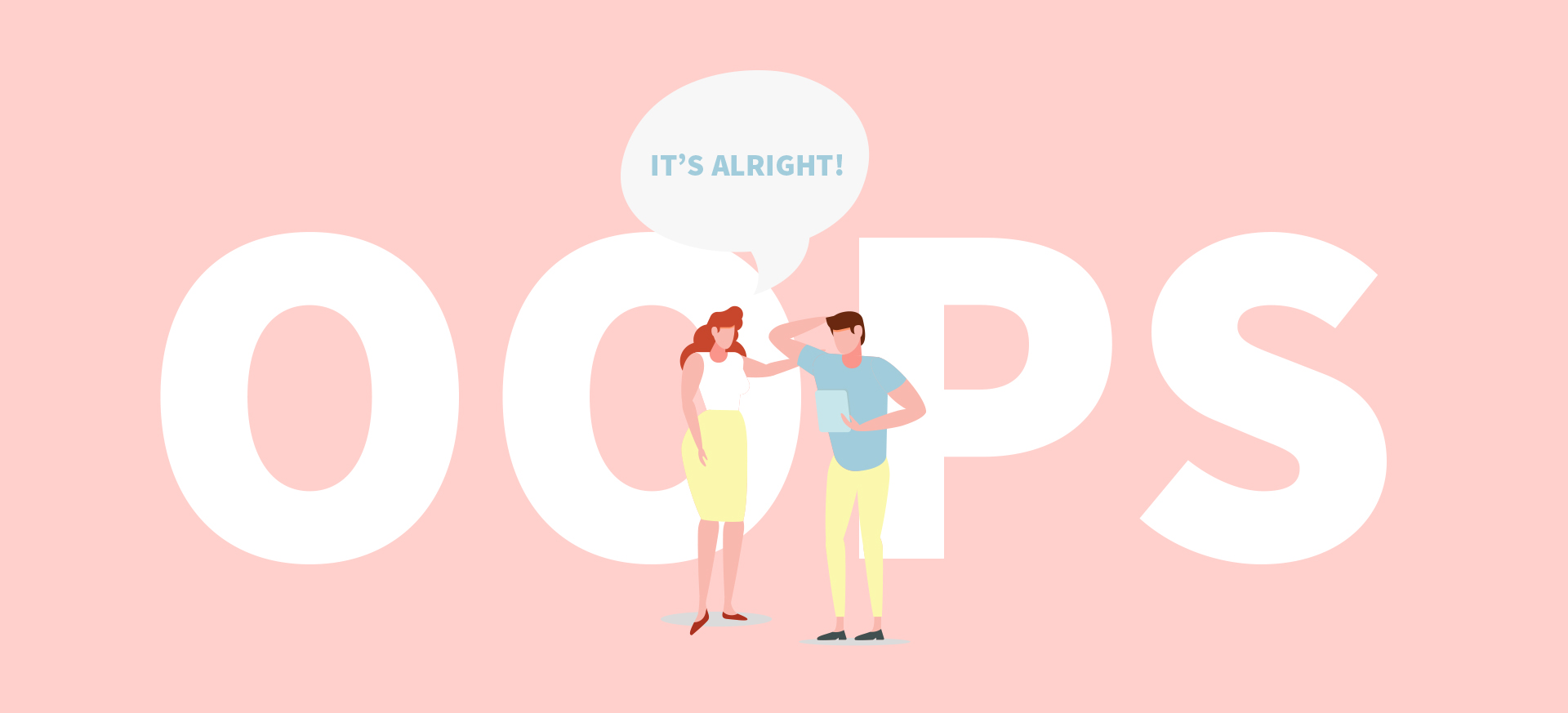

What's Next?
Tuning one’s perspective is an ongoing process which we have to practice constantly. Once the mind is in a optimal state to maximise learning capability, the next step would be to understand and master the technical aspects to boosting one’s learning capability. Find out more in the next article: Learning vs Studying

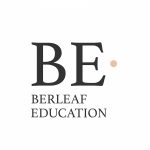
Leave a Comment
Your email address will not be published. Required fields are marked *